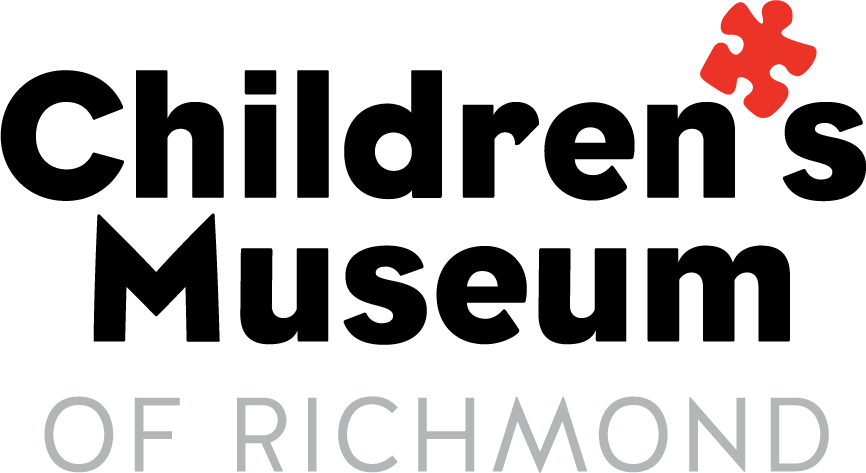Mental Health for Kids
May is National Mental Health Awareness Month and focuses on the importance of fostering emotional and mental wellbeing. As an institution that prioritizes children and early childhood development, it’s important to talk about positive mental health for kids and their families. Healthy eating and physical activity help raise strong kids, but positive mental health is…
Published on May 24, 2024
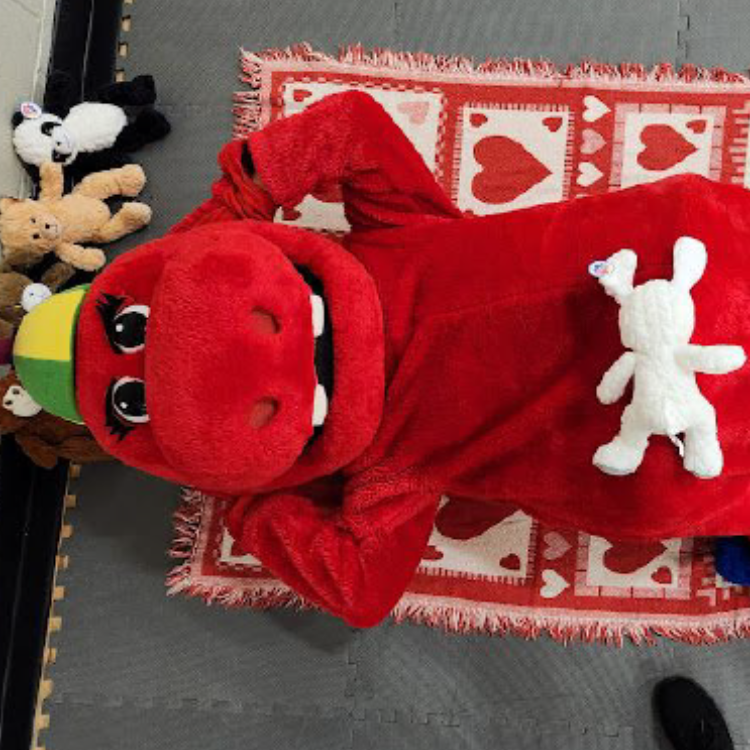
May is National Mental Health Awareness Month and focuses on the importance of fostering emotional and mental wellbeing. As an institution that prioritizes children and early childhood development, it’s important to talk about positive mental health for kids and their families. Healthy eating and physical activity help raise strong kids, but positive mental health is just as crucial for a child’s development.
Currently, Virginia is ranked 48th in the nation for access to youth mental health care. According to First Book’s 2022 Research & Insights, 98% of educators said mental health challenges are a barrier to children’s education. From families to schools, childcare providers to non-profit organizations like ours, we all play a role in supporting positive mental health for all children in our community – but many of us don’t know where to start.
In this blog post, we’ll outline some of our favorite resources for children’s mental health support.
Talk It Out!
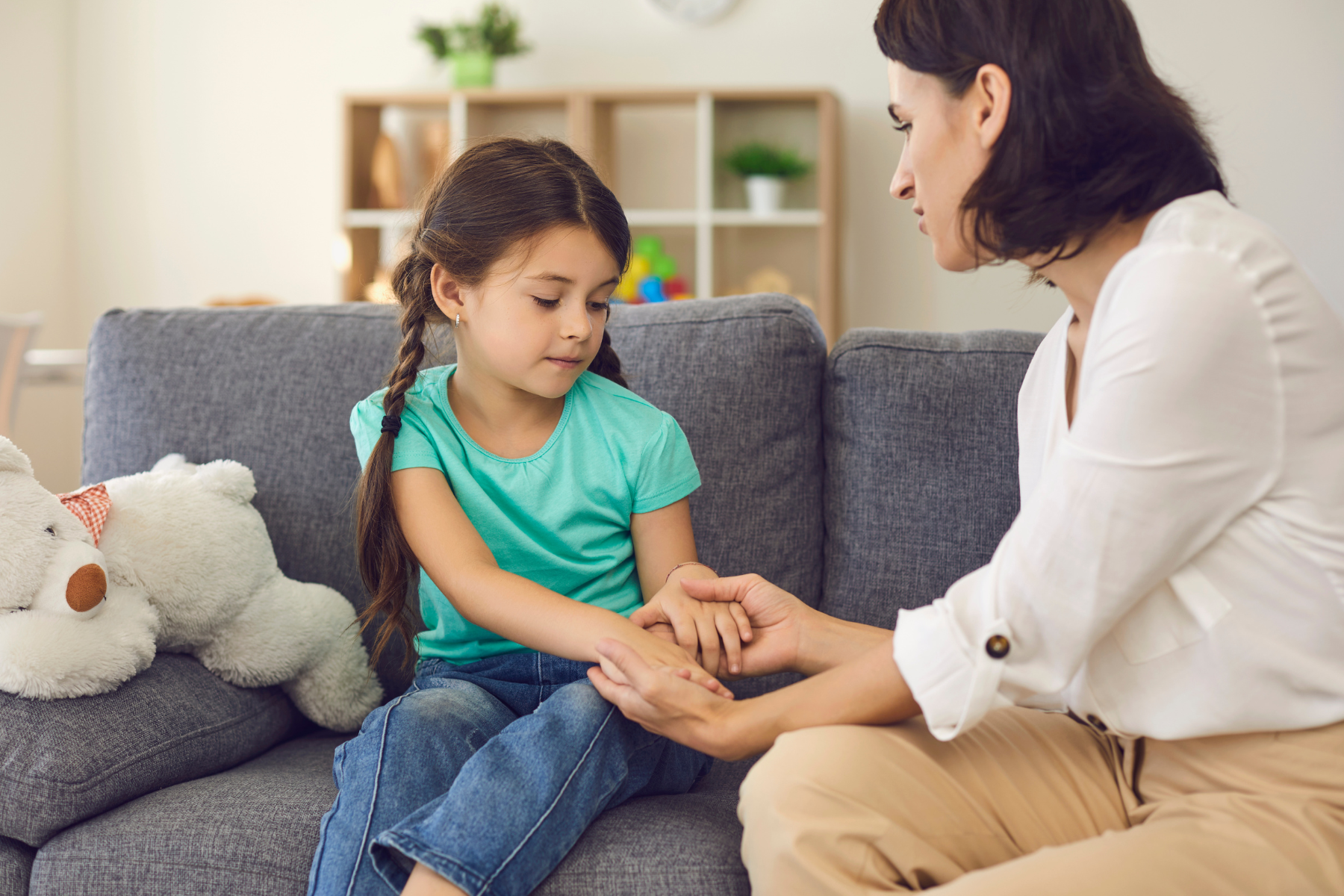
Emotional Check-Ins for Kids
Emotional health check-ins can help kids develop strategies for managing their emotions. They’ll also help build supportive relationships between kids and their families, friends and teachers. Check out this guide for ideas of how to make your check-ins fun and engaging.
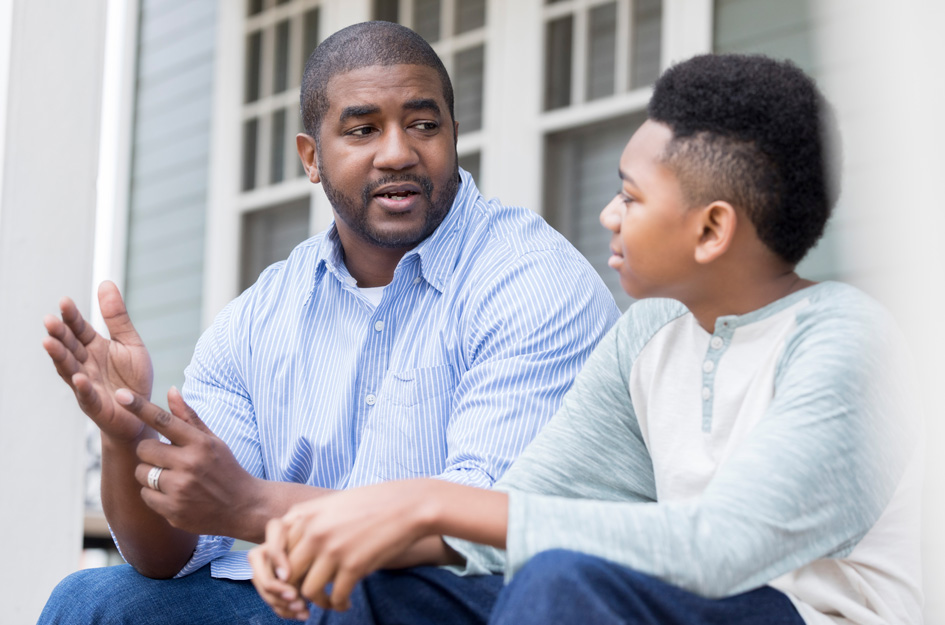
BGCA Compassionate Language Guide
It’s not always easy to know what to say to a child who is having a difficult time and isn’t talking about it. The Boys & Girls Club of America provides a great guide for direct, compassionate conversation.

Talking About Traumatic Events in the News
When traumatic events occur in the world, they can change the way a child views the world. Internalizing news information can result in fear, sadness, and anxiety. for anyone, but especially children. As caregivers, it’s important to provide a consistent and supportive environment for children to process.
Growing up, my family did the “Highs & Lows” activity at dinner every night. Taking the opportunity to think about my day and then share the best (and worst) part of it was a great way for me to process my emotions and to connect with my family.
Allie, Volunteer & Communications Manager at CMoR
Calming Techniques
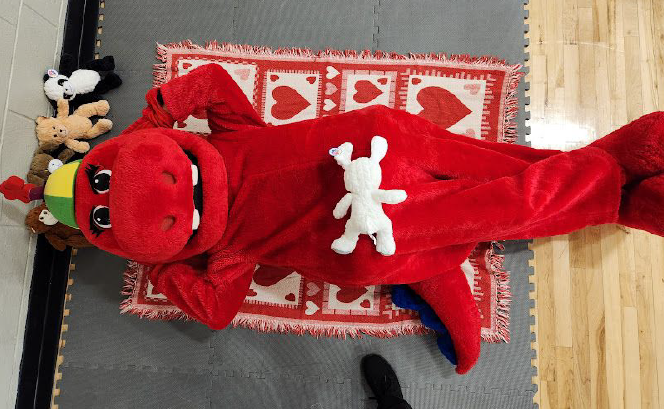
We all experience strong emotions sometimes – how we regulate those emotions is key. Teaching coping skills early helps children process the world around them and control their reactions.
Diaphragmatic breathing, or belly breathing, is a great calming and mindfulness exercise for both children and adults because it reduces our heart rate and triggers a relaxation response. It’s also a great way to feel grounded. Check out PBS Kids step-by-step instructions for belly breathing.
Placing a stuffed animal on your child’s belly can help them visualize their breathing. Seeing the stuffed animal rise as their stomach fills with air and then fall as they release the breath, is a great visual for them to focus on!
Ali, Family Engagement Manager at CMoR
Additional resources:
- CNUSD Virtual Calming Room: this website has calming soundscapes, guided meditations, live animal cams, and much more!
- GoNoodle Rainbow Breathing Exercises
For Caregivers

Identifying Childhood Stress
Our Family Engagement Team created this infographic Tip Sheet for making stress a productive part of growing up.
KMHF Resource Guide
The Kids Mental Health Foundation has a great Caregiver Resource page that discusses tips for having conversations about strong emotions, bullying and difficult experiences.

VMAP Line
The Virginia Mental Health Access Program is a statewide initiative to expand access to quality mental health care for children and adolescents. The VMAP Line offers free behavioral health consultation and care navigation by regional experts. The Central Virginia line partners with VCU Health.
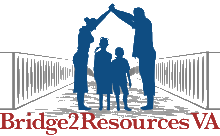
Bridge2ResourcesVA Free or Reduced Cost Services
Economic and transportation challenges can often impact caregivers’ ability to access vital services. Bridge2ResourcesVA was created by the Virginia Mental Health Access Program as a social care network, so that Virginia residents can find free or reduced cost services in their communities.

If you or your child are experiencing a mental health crisis, call or text the number 988. By calling or texting 988, you can get free, immediate help from a trained crisis worker, 24/7. If you’re thinking about hurting yourself, are worried about a friend or loved one, or would like emotional support, this number is for anyone who needs it.
